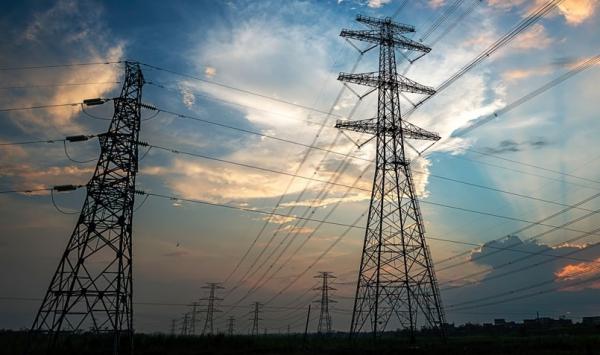Latest Office Occupancy Data Shows Highest Figure in 2022 So Far
Data shows average office occupancy rates across London on Thursday 1 September were 42 per cent, one of the highest figures in 2022. Are soaring domestic...
Read Full Article
Rather than fixing energy bills, the Institute of Directors has said the Government should instead force energy companies to create a new transparent default tariff that shows customers how much of their money goes on wholesale energy, transmission and other fixed costs and how much on the company’s unregulated profit margin.
In the latest of a series of reports, the IoD called for new measures to turbo-charge competition in the energy market. Currently, customers face a choice between a bewildering range of different tariffs, fixing prices for a certain period for example, or Standard Variable Tariffs, which have been criticised for not falling when wholesale energy costs fall.
The organisation claims that if Ofgem was tasked with overseeing the creation of a new default tariff, consumers would be able to judge different companies on an equal, transparent footing.
Also in the report, the IoD called on the Government to:
Don't trust politicians
Dan Lewis, Senior Infrastructure Adviser at the Institute of Directors, said: “Energy bills have become the latest political football, with both the Conservative and Labour reaching for interventionist solutions. There is clearly a problem with standard variable tariffs not falling as wholesale prices fell between 2014-16. But cap or freezes don’t help competition in the long-term and we really shouldn’t trust politicians to set the price and predict the market response.
"Something does need to be done, however, so we would support giving Ofgem responsibility for creating a truly transparent default tariff, which enables customers to see exactly how one company’s offering compares against the others."
Lewis continued: “This Government and the one after will also face several other energy challenges, not least how to cost-effectively build more nuclear power plants, make best use of our shale resources and encourage more efficient renewable energy.”
Picture: Business leaders have proposed a default energy tariff showing wholesale prices, transmission and other fixed costs - and the respective company’s unregulated profit margin
Article written by Robin Snow | Published 16 June 2017
Data shows average office occupancy rates across London on Thursday 1 September were 42 per cent, one of the highest figures in 2022. Are soaring domestic...
Read Full ArticleAs inflation remains at a record high and the price of fuel continues to dramatically increase – what does this mean for UK...
Read Full Article